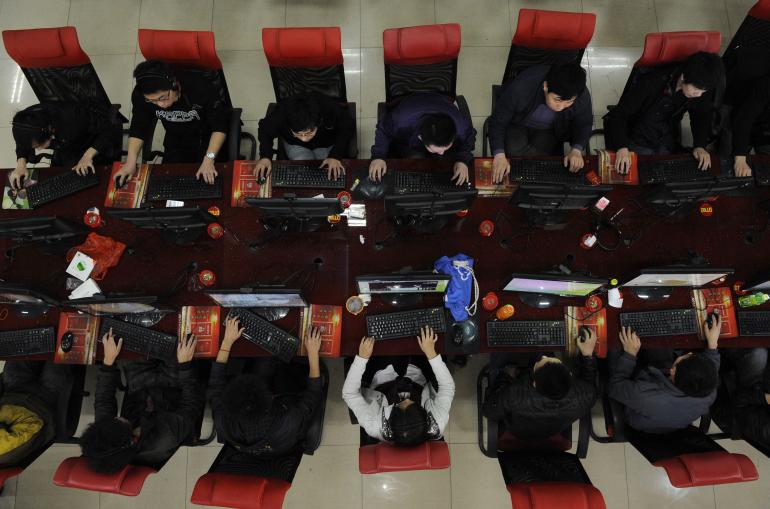In China, they require bloggers and commentators to prove their identity.

The Chinese equivalent of Roskomnadzor announced that from March 2015, Chinese Internet users will have to disclose their real names through Internet providers. This measure, in particular, is aimed at combating critics of the party’s actions and instigators of separatism. Residents of the Middle Kingdom will have to sign a commitment not to criticize the communist regime. In addition, those who connect to the Internet for the first time will be required to sign an agreement, where they will confirm that they will not take “illegal and unhealthy actions” on the Web.
In addition, the government is very concerned about the presence of fake accounts, where people post false information on behalf of stars, politicians and other famous personalities. The administration calls “chaos of usernames” a state in which users take names like “Putin” or “Obama” and pretend to be officials. Internet providers will be required to contain special people who verify the accuracy of users' personal data.
In 2012, China was already trying to de-anonymize users, but vague requirements did not indicate who the providers should check the passport for. Now it is clearly stated that these should be users of blogs, microblogging such as Sina Weibo, who is popular with them, and commentators on popular sites.
')
Tightening measures follow attempts to restrict the operation of VPN services that many use to circumvent the Great Chinese Firewall. Trying to block VPN since 2012 . In recent weeks, there have been some successes in preventing the operation of some VPN services.
Our Roskomnadzor has not yet gone so far, however, recently it has attended to fake accounts and promises to eliminate such precedents by blocking false accounts.
Source: https://habr.com/ru/post/355790/
All Articles